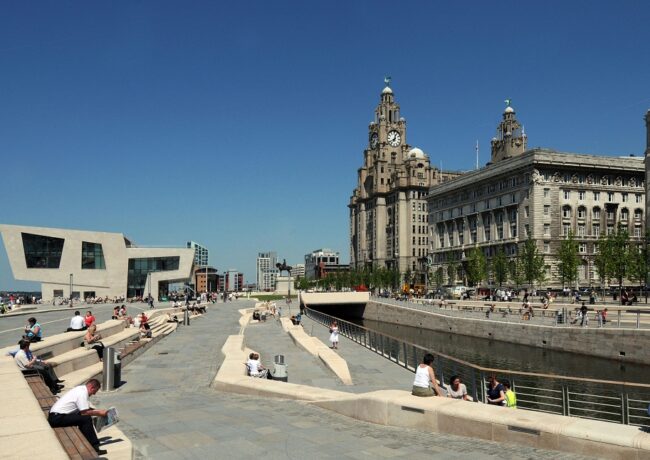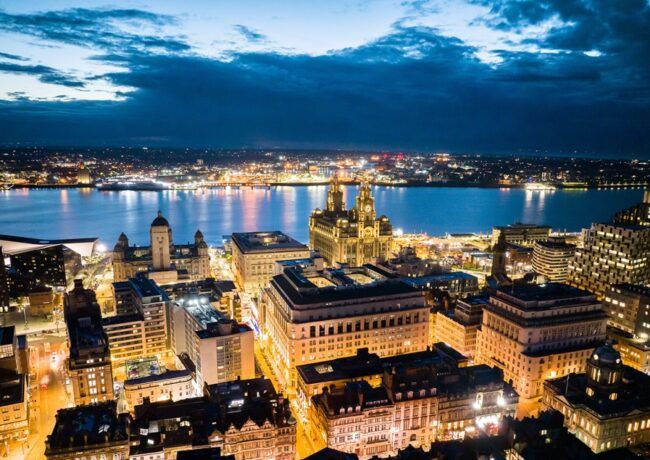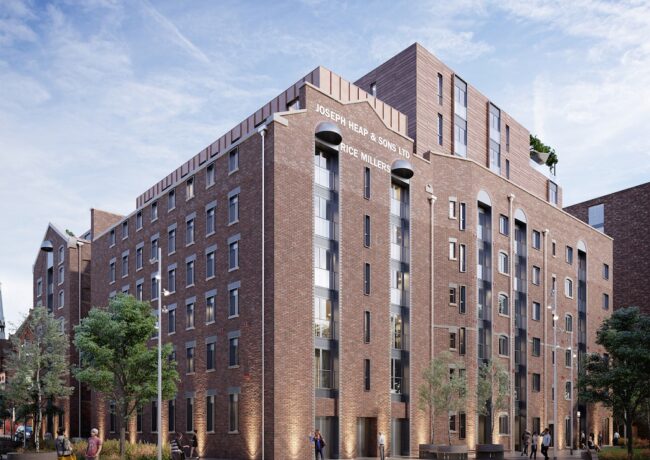Liverpool bids for broadband money
Liverpool City Council has applied for £9m from the Government's Urban Broadband Fund to put towards a £25m pot to deliver wireless Internet access.
Other sources of funding the council has identified are include the council's Regional Growth Fund pot, which will contribute £11m, and European Union programmes.
Areas to benefit would include the new North Liverpool Enterprise Zone, the knowledge quarter around the universities, Liverpool Science Park and the central business district.
It is planned that free wireless access would be available at tourist hotspots such as the World Heritage Site, major cultural institutions and Liverpool One.
Visitors to Liverpool will be able to download specially designed applications loaded with information about business, leisure and tourism in the city to show them where to go and what to do.
Homes would get access to speeds of up to 100 megabytes per second, while another 3,000 businesses would be able to access speeds of up to 1 gigabyte per second.
The Office for National Statistics estimates that 92,000 people in Liverpool have never been online. The programme will also target the most deprived areas of the city including Everton, Kirkdale, Anfield, Princes Park and Toxteth. It is hoped the number of socially and digitally excluded people can be reduced from 69% to the national average of 40%.
It is estimated the ultrafast broadband speeds would be available by 2015 with the aim of getting 50 percent take up by 2020.
The scheme would see more than 13 kilometres of additional ducting and fibre laid. And over 1,400 wireless access points would be fitted to street furniture such as lampposts, meaning roads and pavements would not have to be dug up to lay new cables.





I would tend to agree and I think the first major shift will be providers going to a tiered model where if you exceed certain thresholds you pay more. After which I think it will evolve into a base monthly fee with an incremental charge for each amount, Gig or whatever, you actually use.Which leads to the question, is it reasonable to charge users based on the amount of internet bandwidth they actually use, or is the flat rate model superior in some way?In my opinion it probably is fair to price differentiate based on usage and I think it is because I consider internet access a utility. Utilities companies have billed like that for as long as I can remember and I don’t think I have ever heard the argument that everyone should pay the same regardless of the amount of water or gas they actually use.
By Virgo
Except on your water rates…
By Water Ought to